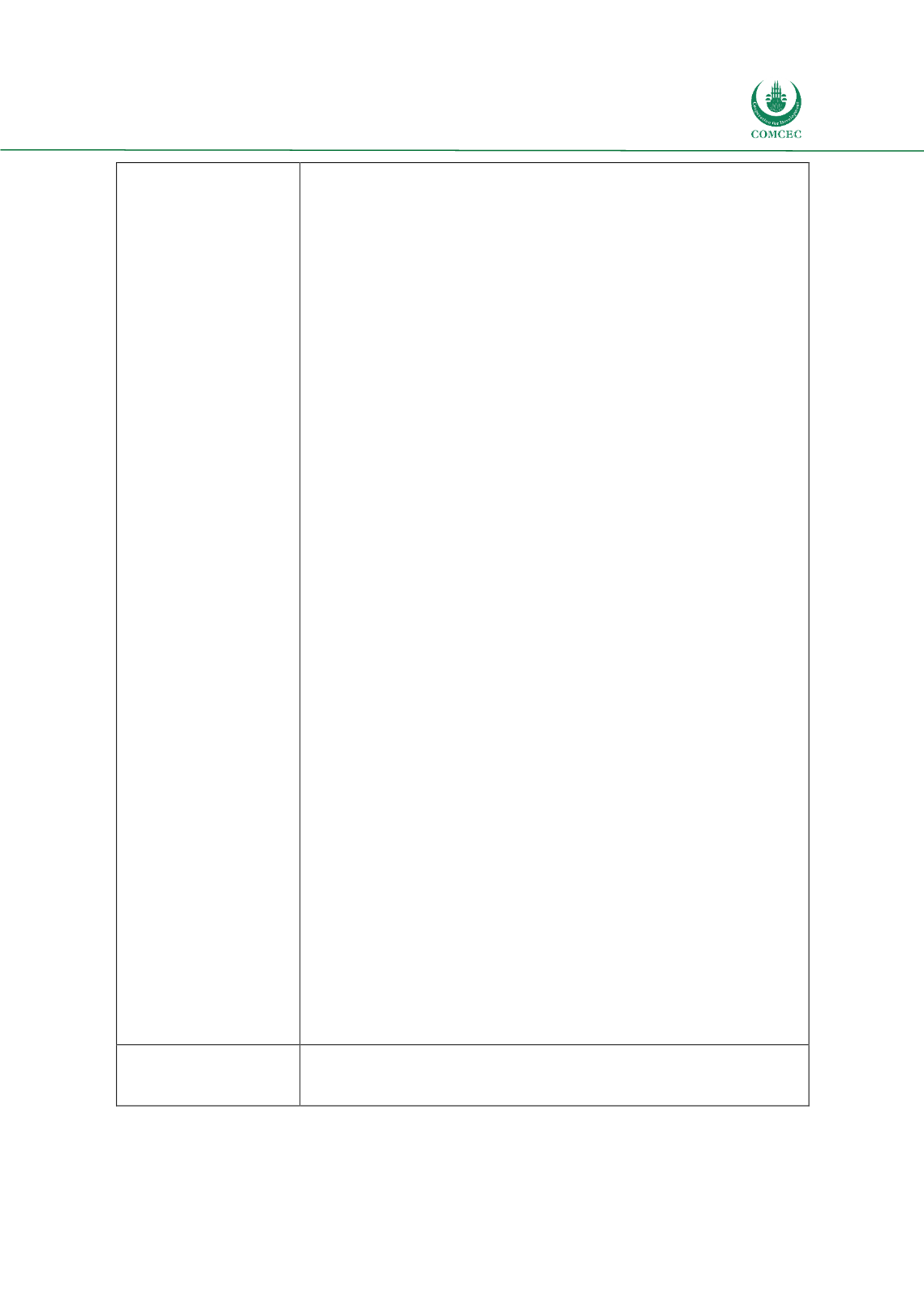

Sustainable Destination Management
Strategies in the OIC Member Countries
111
the Burgenland region in Austria), or function as informal
networks.
It is precisely the combination of working on the subnational level,
with locally rooted organizations (like regional management
organizations thus ensuring involvement of stakeholders grounded
in local realities) and working on the national level that operates on
a more strategic level and is relevant to creating a framework for
market access that contributes to the success of projects.
In terms of stakeholder collaboration, coordination needs to be
brokered within a broader context, often driven by development
cooperation while people understand the necessity of the corridor
logic, implementing steps still requires a lot of brokering,
facilitation, coordination, and accompaniment - or will not function
effectively.
In terms of capacity building, similarly, given the overall complexity
of the Danube tourism corridor, capacity development does not aim
at providing similar capacity building activities throughout the
corridor but rather revolves around specific requirements in the
context of specific activities or projects, involving carefully selected
stakeholders in each case.
In terms of funding, given the complexity of the corridor, especially
in the early stages of corridor development, funding is driven very
much by and fundamentally dependent upon international donor
support. In the Danube context, donor funding (mostly EU, but also
German and Austrian Development Cooperation) is available
because donors have an interest in financing cooperation between
countries, either in tourism and itself or in areas that overlap with
tourism such as culture, environment or mobility. Therefore, it is
important to understand donors’ agendas and align fundraising
efforts accordingly.
Financing from both public tourism entities and private sector
companies is modest and still emerging, both on the DCC level as
well as with regard to co-financing on the project level, and will
require a gradual increase over time to secure financial
sustainability and buy-in, resting increasingly on membership fees,
and multiple income streams, to mitigate dependence on donor
funds. This can only work based on increasing market returns and
the ability to prove the commercial success of activities and
interventions, through monitoring mechanisms that are not yet
fully established.
Marketing
In terms of marketing, it already starts with product development,
and this phase should be in close consultation with players from the
private sector that are in daily contact with clients and buyers and
















